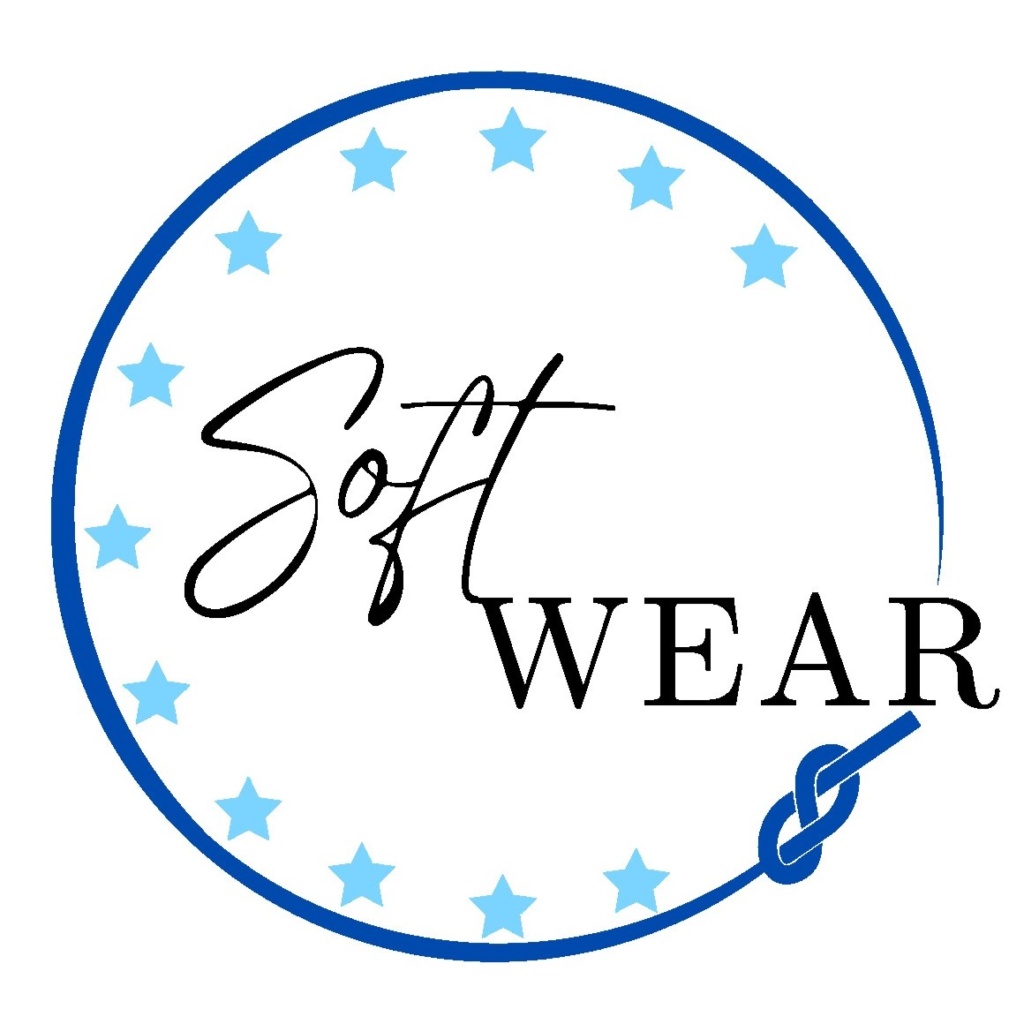
SOFTWEAR is a Doctoral Network in the emerging and rapidly growing field of wearables, with a unique focus on soft actuators for wearables and exoskeletons. It is an EU-funded project via the Marie Skłodowska-Curie Actions. The primary objective of SOFTWEAR is to train young researchers in the multidisciplinary science of soft actuators for integration in wearables and augmenting textiles. This will be achieved by merging chemistry, physics, mechanics, electronics, textile technology, design, human-technology interaction and ethics in a truly interdisciplinary manner, while teaching essential skills in ethics, product development, IPR and industrial realisation, thus providing a unique added value to the careers of the researchers. This ambitious aim will be accomplished by on-the-job training on innovative research projects developing beyond-the-state-of-the-art soft actuator technology and integrating this into active garments and soft exoskeletons.
Responsible Design for Wearable Soft Actuators
The contribution of UTwente to SOFTWEAR concerns a PhD project (Researcher 9) on Responsible design for wearable soft actuators, carried out by Hong-Ui Tenn. I am daily supervisor for the project, and it is co-supervised by Dr. Angelika Mader and Prof. Jan van Erp. The PhD project started in 2023 and will run for four years. It addresses ethical and societal dimensions of development of applications with wearable soft actuators.
Soft actuators aim, in the first place, at empowerment of users. Applications, however, also introduce new personal and societal vulnerabilities. We will develop a design framework that supports developers of applications of wearable soft actuators in analysing how human vulnerabilities are transformed through the envisaged applications. It will identify key categories of applications of soft actuators, together with an envisioning tool for analysing how these give rise to different types of ethical and social issues. Design guidelines will be created that can be used for addressing these issues. This framework will be built on existing research on Value-Sensitive Design, Coactive Design, and ethics of technology such as guidance ethics, through a user-centred design process.
